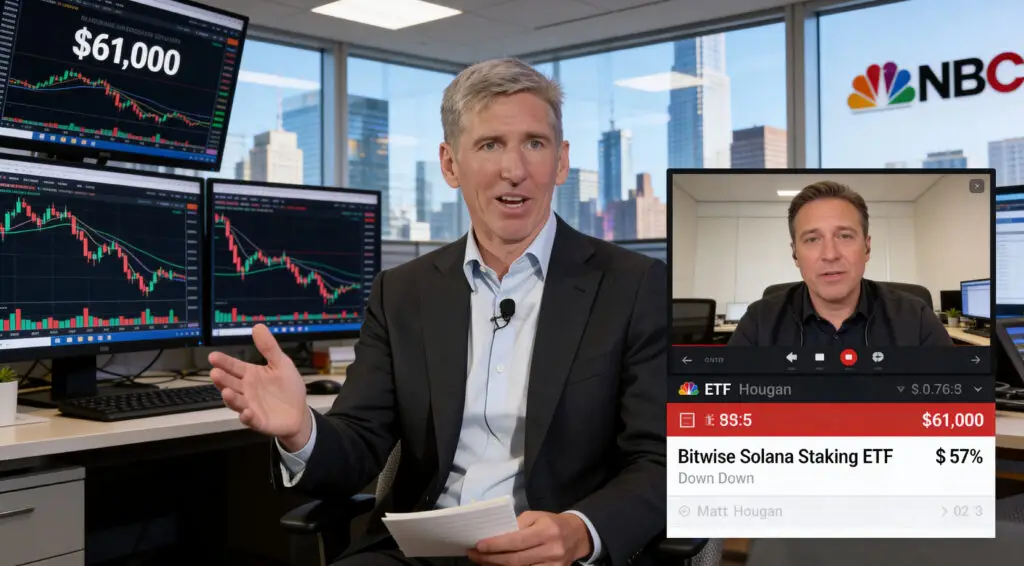US authorities are again taking up the fight against Meta under the antitrust laws, with their CEO Mark Zuckerberg scheduled for testimony. This legal clash, in one of the most awaited showdowns of the tech world, brings out the existential threat to Meta’s and Zuckerberg’s 1.3 trillion dollar empire.
The FTC’s Arguments Voicing A Potential Monopoly:
The Federal Trade Commission is laden with the responsibility of proving the case that alleges abuse of market power with the flagship social media application being Meta’s Facebook and the corresponding market as “personal social networking.” A very central part of the FTC’s argument is hinged on the assumption that Meta initiated a “buy-or-bury” policy, buying up potential competitors to Facebook like Instagram and WhatsApp for the purpose of stifling competition.
The FTC claimed these purchases were not mere business decisions but rather strategic steps aimed at solidifying Facebook’s market power while simultaneously stifling creativity in social networking. The most probable outcome would be them claiming that Facebook and Meta should divest from Instagram and WhatsApp, radically restructuring the company.
Meta’s Defense: A Different Set of Market Parameters
Meta is vigorously defending its position. Across these parts, they argue a different definition of the relevant market. Meta’s lawyers argue that the FTC locator’s definition of “personal social networking” uses too narrow framing. The same argument was raised by Zuckerberg while testifying in court, claiming that Meta competes with a wider range of services that includes, besides social networking, entertainment, information discovery, and learning.
Zuckerberg accepted that “one of the core things” Meta does is to connect friends and family but also pointed out that Meta does this in the context of “entertainment, learning, and discovering what’s going on in the world.” Citing market definition, which includes TikTok, YouTube, X, and LinkedIn as other social media platforms, helps Meta depreciate the importance of its market share.
Old Posts Resurface: A Challenging Cross-Examination
This trial has equally included the examination of Meta’s internal documents alongside Zuckerberg’s statements. The lawyers from the FTC tried to cast Meta’s claims with the help of old posts and emails predating the purchase of Instagram. The email arising from 2011, which CNN elaborated on, captured Zuckerberg’s thoughts on mobile photos and expressed that “a large and viable competitor” had emerged because of Instagram. These conversations form the important pillar of the FTC’s argument because Meta seems to have regarded Instagram as a major competitor at the time of acquisition.
A High-Stakes Battle: The Future of Big Tech
The legal confrontation is not only an issue of legal bending between a firm and an administrative body; it also shows the level of significance for the Meta antitrust trial. The drama ensures that there still is a battle for the existence of Big Tech, including the limitation these massive firms are supposed to have over the management of the digital world. The technology companies, on the other hand, seem to have less control regarding the possibilities that shall stem from the decisions made in court due to their sensitive nature.















